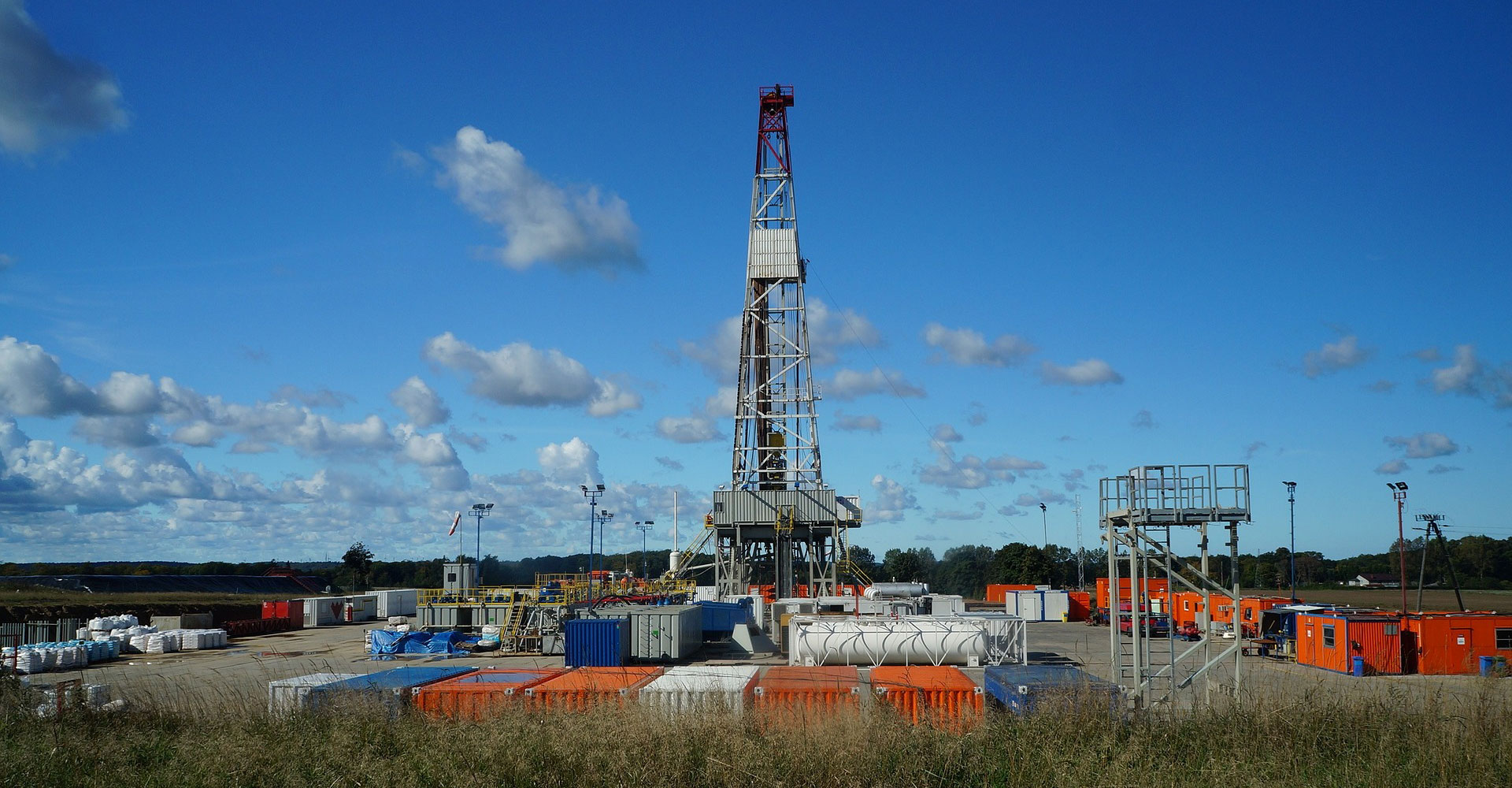
The horizontal drilling method called hydraulic fracturing helps the United States produce close to 4 billion barrels of oil and natural gas per year, rocketing the U.S. to the top of oil-producing nations in the world.
The highly profitable practice comes with a steep price: For every barrel of oil, oil and gas extraction also produces about seven barrels of wastewater, consisting mainly of naturally occurring subsurface water extracted along with the fossil fuels. That’s about 2 billion gallons of wastewater a day. Companies, policymakers and scientists are on the lookout for new strategies for dealing with that wastewater. Among the most tantalizing ideas is recycling it to irrigate food crops, given water scarcity issues in the West.
A new Colorado State University study gives pause to that idea. The team led by Professor Thomas Borch of the Department of Soil and Crop Sciences conducted a greenhouse study using produced water from oil and gas extraction to irrigate common wheat crops. Their study, published in Environmental Science and Technology Letters, showed that these crops had weakened immune systems, leading to the question of whether using such wastewater for irrigation would leave crop systems more vulnerable to bacterial and fungal pathogens.
“The big question is, is it safe?” said Borch, a biogeochemist who has joint academic appointments in the Department of Chemistry and Department of Civil and Environmental Engineering. “Have we considered every single thing we need to consider before we do this?”
 Typically, oil and gas wastewater, also known as produced water, is trucked away from drilling sites and reinjected into the Earth via deep disposal wells. Such practices have been documented to induce earthquakes and may lead to contamination of surface water and groundwater aquifers.
Typically, oil and gas wastewater, also known as produced water, is trucked away from drilling sites and reinjected into the Earth via deep disposal wells. Such practices have been documented to induce earthquakes and may lead to contamination of surface water and groundwater aquifers.
The idea for using such water for irrigation has prompted studies testing things like crop yield, soil health, and contaminant uptake by plants, especially since produced water is often high in salts, and its chemistry varies greatly from region to region. Borch, who has conducted numerous oil and gas-related studies, including how soils fare during accidental spills, wondered if anyone had tried to determine whether irrigation water quality impacts crops’ inherent ability to protect themselves from disease.
The experiments were conducted in collaboration with plant microbiome expert Pankaj Trivedi, a CSU assistant professor in the Department of Bioagricultural Sciences and Pest Management, and researchers at Colorado School of Mines. The team irrigated wheat plants with tap water, two dilutions of produced water, and a salt water control. They exposed the plants to common bacterial and fungal pathogens and sampled the leaves after the pathogens were verified to have taken hold.
Using state-of-the-art quantitative genetic sequencing, the scientists determined that the plants watered with the highest concentration of produced water had significant changes in expression of genes plants normally use to fight infections. Their study didn’t determine exactly which substances in the produced water correlated with suppressed immunity. But they hypothesized that a combination of contaminants like boron, petroleum hydrocarbons and salt caused the plants to reallocate metabolic resources to fight stress, making it more challenging for them to produce disease-fighting genes.
“Findings from this work suggest that plant immune response impacts must be assessed before reusing treated oil and gas wastewater for agricultural irrigation,” the study authors wrote.
